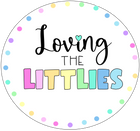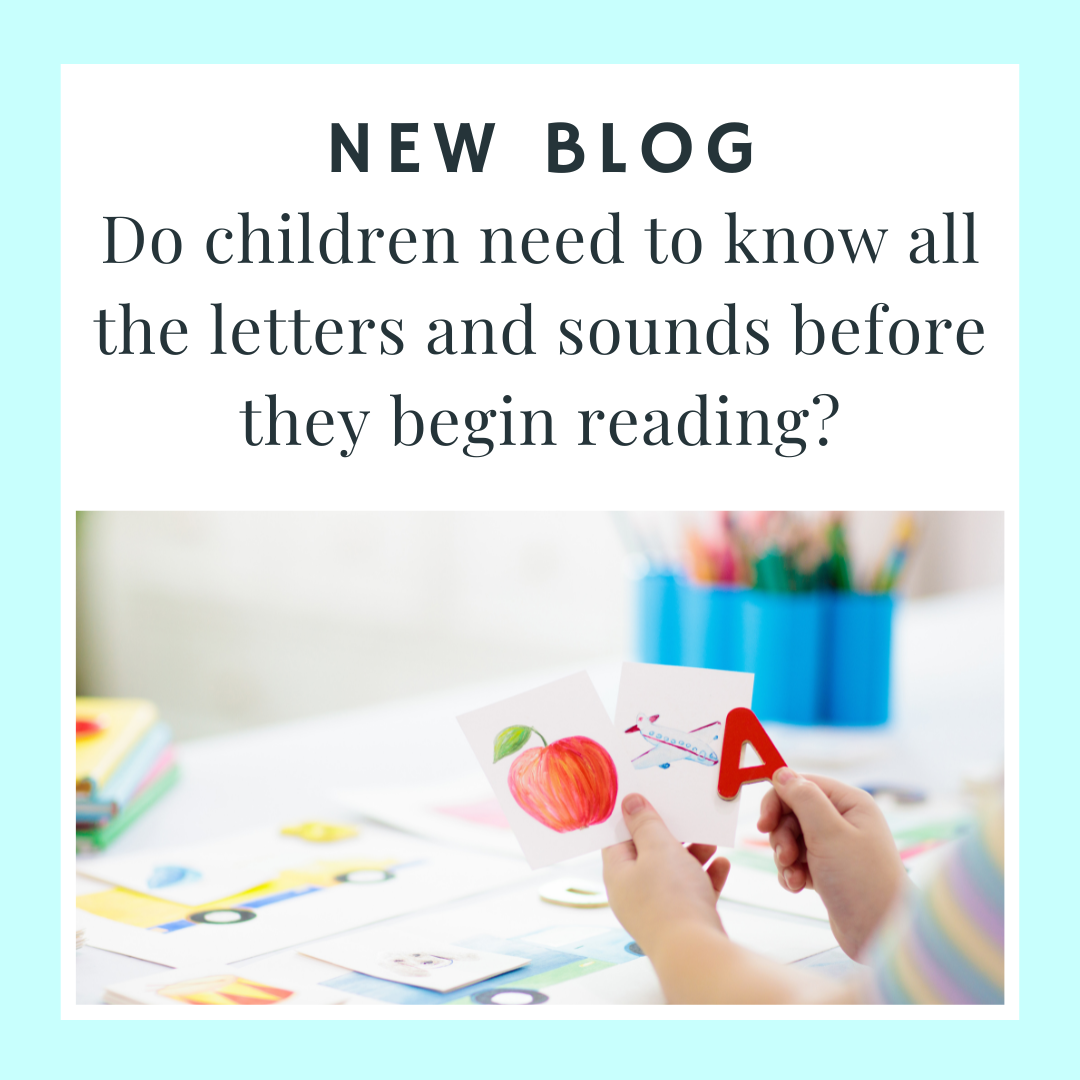If you've ever wondered whether your child needs to be an ABC wizard before diving into the world of reading, I've got some exciting news for you – they absolutely don't.
As a teacher on a mission to turn every child into a confident reader, let me share something with you: You don’t need to wait until your child has learned all their letters and sounds before they begin reading.
I can practically hear your thoughts, "But don't they need to know all the ABCs first?" Well, not exactly.
While knowing the alphabet is crucial, we don't have to wait until your child has mastered all the letters and sounds before diving into the exciting world of reading.
Tip 1: Start Small, Start Strong
Begin by introducing a handful of letters and their corresponding sounds. Choose letters that are commonly found in simple words. For example, "s," "a," and "t" are fantastic starting points. By focussing on a few letters initially, we help your child gain confidence and prevent information overload. It is important to include a vowel in the mix so that you can start using these letters to make short words.

Tip 2: Mix It Up with Simple Words
Once your child has a handle on a few letters and their sounds, let's dive into simple, three-letter words. Words like "sat," "cat," and "mat" are not only easy to sound out but also incredibly common in early reading materials. We want to get them reading small words using only the letter/sounds that they have learnt. Why? Because this means your child has the knowledge needed to sound out these words.

Tip 3: Celebrate Every Victory
Every word read is a victory! Celebrate your child's progress, no matter how small. Positive reinforcement goes a long way in building their confidence and enthusiasm for reading. Say things like, “I love how you sounded out that word!” or “You did an amazing job of reading through all the letters in that word”.

Tip 4: Add New Letters Gradually
As your little reader becomes more comfortable with a set of letters and words, gradually introduce new ones. The beauty of this approach is that learning becomes a natural, evolving process rather than a daunting task.
In a nutshell, we don't have to wait until all the letters and sounds are mastered before embarking on the reading journey. By taking small, meaningful steps, your child can start reading simple words and experiencing the joy of literacy from the get-go.


